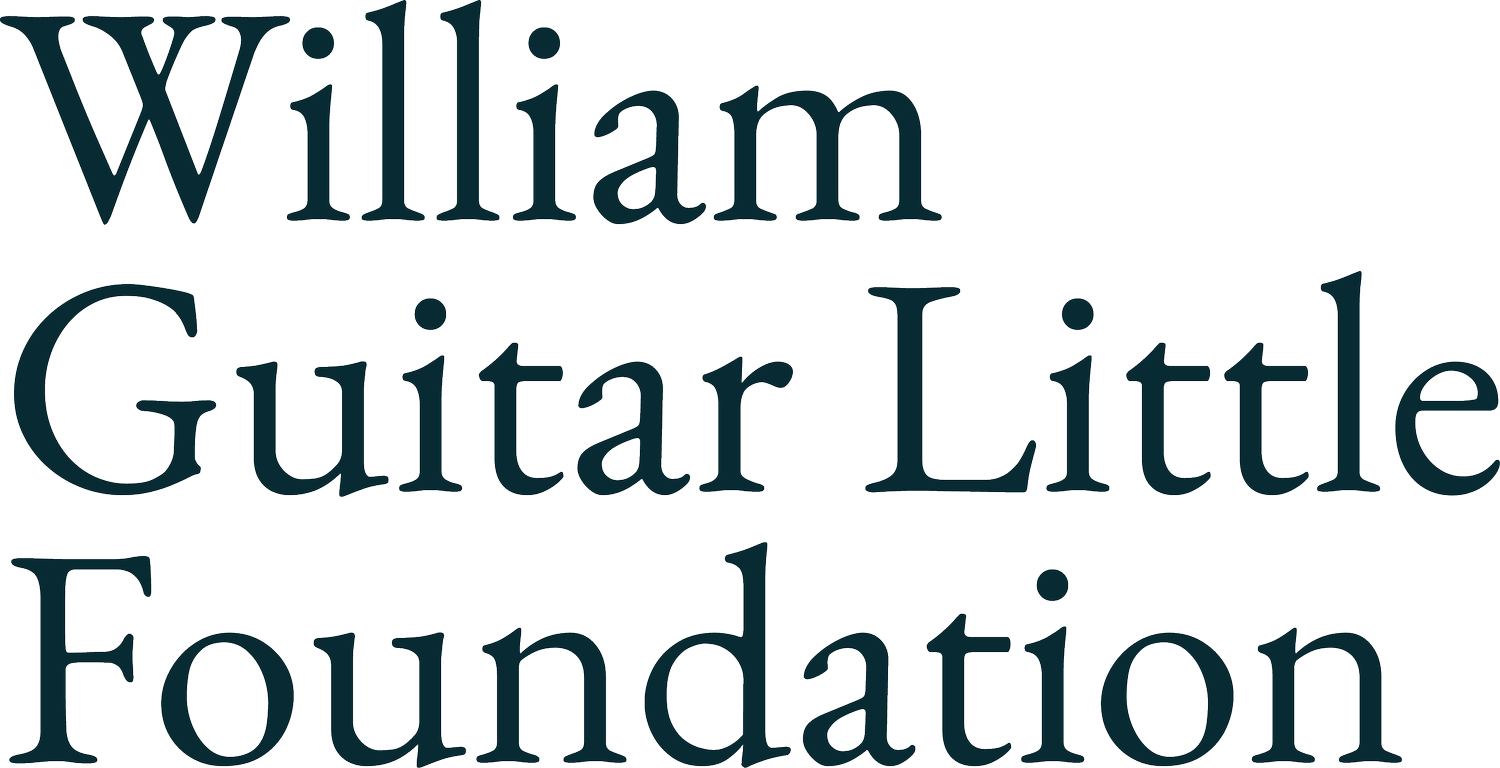What Could Be Built Here: Growth, systems, and community in Columbia
By Andrew Grabau, Executive Director, William Guitar Little Foundation
There’s a large vacant lot a few blocks from my house in central Columbia that’s been empty for years. I’ve heard various stories about how it might be developed. Rumors of a large apartment complex, individual market-rate homes, or a mixed-use commercial and residential project. Every time I pass it or sit at the intersection, I think about how this is a missed opportunity to do something- anything- let alone something that could transform individuals and our community. Instead, it’s still just a huge chunk of grass that probably takes a long time to mow. I believe it’s likely vacant not because people don’t care about what happens there. They (whoever the owners are) likely want to see it used for something beneficial. But I think it’s likely more about our community’s challenge to ask what could be built here and then act on it because like many things, building something meaningful has become harder than it should be.
This lot is just one example of what I see throughout our community. It’s also a symbol of the systems we’ve inherited. Whether it’s housing, workforce development, or education, too many plans and intentions seem to get stuck. And when we fall back on the idea that there’s just not enough- enough land, enough funding, enough people, enough financial resources, we reinforce a scarcity mindset and the belief that “it is what it is”.
There’s a different way to think about community opportunity and progress. Ezra Klein, in his book Abundance, highlights this and argues that we’ve forgotten how to build all sorts of things. His call isn’t partisan or ideological, it’s about recovering the belief that our systems can work if we align them to create opportunity at scale. Some might claim this book, or this idea is an attack on the efficiencies of government. My point in referencing it is to share my belief that we should strive and can do big things together. This requires us to reexamine the limitations that have become systematic barriers and to be open to a different mindset.
This kind of mindset is at the heart of what some call an Abundance Agenda. It’s not a slogan, it’s a challenge: What happens when we stop saying “no, because” and start saying “yes, if”? What becomes possible when communities work to unlock the resources, remove roadblocks, change systems, and maximize what we already have?
In Boone County, we’re already seeing this shift. Projects like the Boone County’s Upward Mobility Initiative are tackling root causes of poverty, not just symptoms. The Boone Impact Group is modeling public-private collaboration and raising the capacity, therefore the impact, of nonprofits through greater collaboration. However, despite these and other efforts designed to increase upward mobility, continued challenges have made it hard to significantly scale these and other promising efforts.
At the William Guitar Little Foundation, we see recognizing this as a call to action and an opportunity to be a part of the momentum. Our role isn’t to lead all efforts, it’s to help accelerate what’s already taking shape and support new innovative efforts to flourish. We believe in investing in organizations that raise the bar, that take smart risks, and that measure what matters. It’s what’s possible when community leaders, nonprofits, government, and business all pull in the same direction.
But to truly move from scarcity to abundance, we will all need to stretch. Local government must rethink how policy can enable rather than delay. Nonprofits must think beyond sustaining and toward transforming. And residents—all of us—must remain open to growth that serves the whole community, not just our own corner of it.
That empty lot near my home is still waiting to become something transformational. Likewise, I believe our community can also be transformed. But it won’t be decided by what we say “no” to, but by what we have the courage to say “yes” to and build together.
